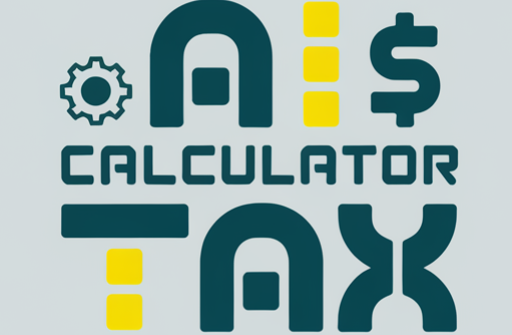Introduction
Tax laws in the United States are constantly evolving, and staying informed about the latest changes is essential for individuals and businesses alike. These updates can significantly impact financial planning, filing strategies, and compliance. This article will help you navigate the recent changes using a structured approach inspired by Koray Tuğberk Gübür’s frameworks for semantic SEO, focusing on comprehensive coverage and reader-centric solutions.
Key Updates in U.S. Tax Laws
Adjustments to Tax Brackets
The Internal Revenue Service (IRS) regularly revises tax brackets to account for inflation. For the latest tax year:
- Marginal tax rates have been adjusted across all income levels.
- Higher standard deduction amounts are available, reducing taxable income for most filers.
Expanded Child Tax Credit
The child tax credit has been expanded, allowing eligible families to claim higher amounts per qualifying child. Key updates include:
- Increased income thresholds for phase-outs.
- Advance payments distributed throughout the year.
Deductions for Educators
Teachers and eligible educators can now deduct more for classroom expenses, reflecting increased support for education professionals.
Changes to Retirement Contributions
Contribution limits for 401(k) plans, IRAs, and other retirement accounts have increased, enabling taxpayers to save more while reducing taxable income.
State-Specific Tax Updates
Some states have introduced unique incentives and adjustments, such as:
- Property tax rebates.
- New deductions for small businesses.
- Expanded healthcare-related credits.
Impact on Individuals
Middle-Income Families
The expansion of tax credits and deductions provides relief to middle-income earners by lowering overall tax liability.
High-Income Earners
Adjustments to tax brackets may lead to higher liabilities for high-income households, particularly those subject to additional taxes like the Net Investment Income Tax.
Self-Employed Individuals
Freelancers and gig workers benefit from increased thresholds for certain deductions, such as home office expenses and health insurance premiums.
Impact on Businesses
Small Businesses
New deductions and credits support small business growth and recovery. Enhanced depreciation allowances enable faster write-offs of capital expenses.
Corporations
Adjustments to corporate tax rates and incentives encourage investment in technology and sustainability. Additional reporting requirements for large transactions and foreign income have also been introduced.
Actionable Steps for Tax Preparation
- Review the Latest IRS Guidelines Stay updated on IRS publications and announcements to ensure compliance with new regulations.
- Organize Financial Records Gather all relevant documents, such as W-2s, 1099s, and receipts, early to avoid last-minute stress.
- Consider Professional Help Hiring a tax professional or using advanced tax software can simplify complex filings.
- Maximize Deductions and Credits Leverage all eligible deductions and credits to minimize your tax liability effectively.
- Monitor State-Specific Changes Stay informed about updates specific to your state that may impact property taxes, healthcare credits, or small business deductions.
FAQs About Recent Tax Changes
What is the new standard deduction?
For the latest tax year, the standard deduction has increased to $13,850 for single filers and $27,700 for married couples filing jointly.
Are there new tax credits for 2023?
Yes, expanded credits for education, childcare, and energy-efficient home improvements are available.
How do these changes affect retirees?
Increased retirement contribution limits and adjusted Required Minimum Distributions (RMDs) provide more flexibility for retirees.
What if I’m self-employed?
Self-employed individuals can claim higher deductions for business expenses and benefit from simplified filing options.
Do these changes apply to state taxes?
While federal updates are consistent nationwide, state-specific changes vary. Check with your state’s tax authority for detailed guidance.
Conclusion
The latest U.S. tax changes present opportunities and challenges for taxpayers. Understanding these updates is essential for maximizing savings and maintaining compliance. Whether you’re an individual, family, or business owner, proactive planning and staying informed will help you navigate the evolving tax landscape effectively.
By organizing records, leveraging deductions, and consulting professionals, you can optimize your financial outcomes. As tax laws continue to evolve, regular reviews and informed strategies will ensure you remain prepared for future changes.
Final Thoughts: Regular Reviews and Staying Informed
Periodic financial reviews and adjustments to your tax strategies can prevent surprises during tax season. Subscribing to reliable financial news and government updates will keep you ahead of new regulations, ensuring your tax preparation remains efficient and effective.

